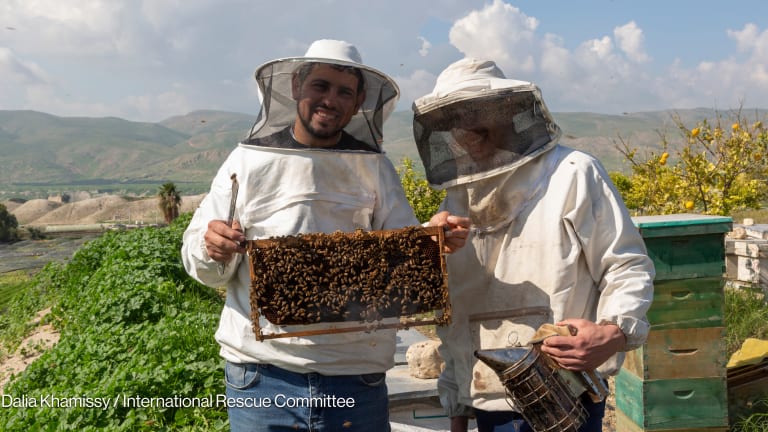Today, there are believed to be more than 125 million people in need of humanitarian assistance. These are people affected by conflicts, like those in Syria or Yemen. They are people suffering from chronic hunger and malnutrition in communities across the Sahel. They are people struggling to put their lives back together in the aftermath of natural disasters in Nepal’s Kathmandu valley, or in the wake of floods in Central America and Southeast Asia.
We have never seen numbers like these. Over the past decade, humanitarian needs have grown at a staggering rate. Every indication is that this growth will continue, driven in part by conflicts as well as by climate change, population growth and displacement, unplanned urbanization and unequal and inadequate access to food, water, health and energy.
Our answer to this challenge cannot simply be more of the same. Support for humanitarian appeals has increased in recent years, but not at the pace that is required. Our current model is too focused on response. We need to change. We need to take a longer view, and use more of the resources available to us to strengthen resilience and to leave communities better prepared for the threats that we know they will face.








